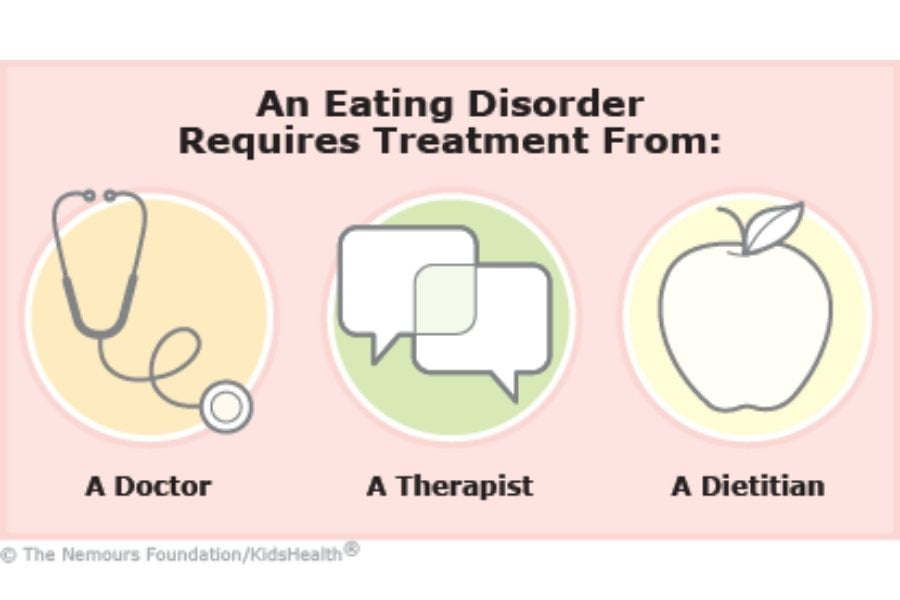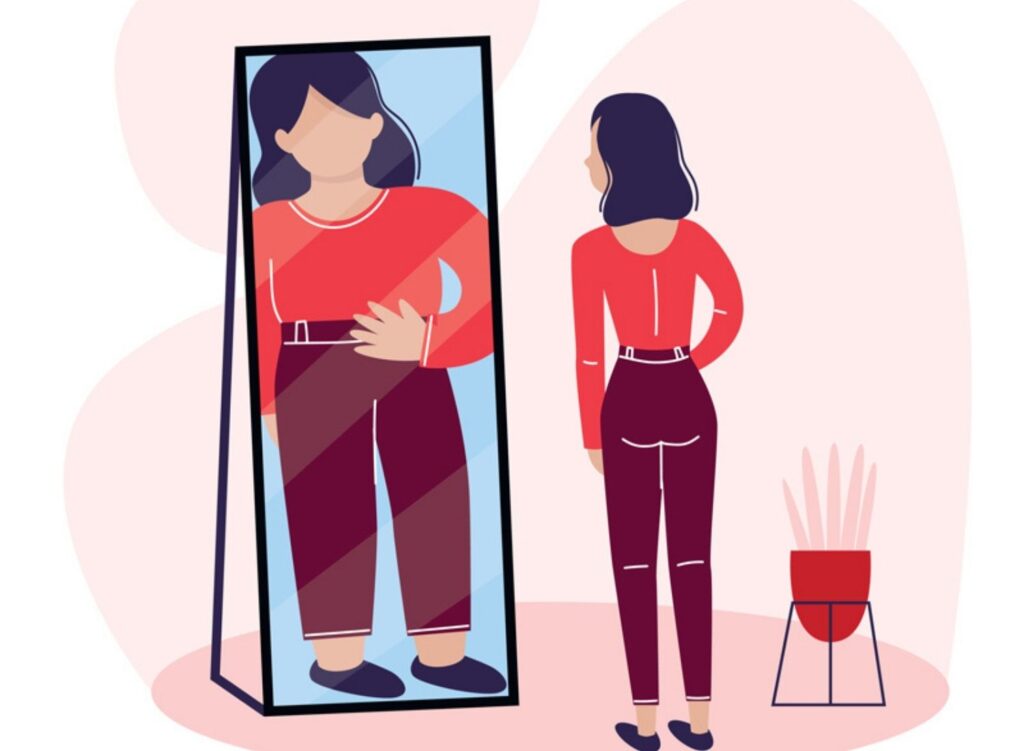Eating disorders are a scope of mental conditions that cause unfortunate dietary patterns to cultivate. Their onset might include a fixation on food, body weight, or body shape. With treatment, you can get back to better eating patterns and in some cases, turn around genuine complexities brought about by the dietary problem.
Most eating disorders include zeroing in a lot on your weight, body shape and food, prompting risky eating practices, etc. These practices can fundamentally affect your body’s capacity to get fitting nourishment.

Eating disorders can affect the heart, stomach-related framework, bones, teeth, and mouth, and lead to different infections. They are serious conditions identified with steady eating practices that contrarily sway your well-being, your feelings, and your capacity to deal with significant everyday issues.
The most widely recognized dietary problems are anorexia nervosa, bulimia nervosa, and binge eating. Nonetheless, most incorporate the serious limitation of food, food gorges, or practices like over-working out. Despite the fact that dietary problems can influence individuals in any stage of life, they’re regularly diagnosed in teenagers and young ladies.
4 Sorts Of Eating Disorders
1. Anorexia Nervosa

- Restricted food intake; prompting extremely low body weight for one’s age and height.
- Extreme dread of weight-gain and being fat, or drastic actions to forestall it, despite the fact that the individual is underweight.
- Issues with self-perception or refusal that being underweight is a major issue.
2. Bulimia Nervosa

- Eating regularly, consuming a lot of food, feeling crazy over eating conduct and measure of food consumed.
- Frequently cleansing to forestall weight gain by utilizing techniques such as self-instigated retching, intestinal medicines or diuretics, routine fasting or over-exercising.
- Disordered eating and cleansing practices happen once every week for quite a long time.
3. Binge Eating Disorder

- Binge eating once a week for quite some time.
- Eating a lot quicker than usual.
- Eating until awkwardly full.
- Eating tremendous measures of food in any event, even when not hungry.
4. Avoidant/Restrictive Food Intake Disorder

- The condition can’t be rationalized by the inaccessibility of food sources or socially-endorsed eating practices.
- There are no issues with body weight or self-perception, unlike anorexia or bulimia.
- There is no other unsettling eating influence or ailment present that would clarify the aversion. The severity is limited as compared to other conditions.
Symptoms
- Serious dread of weight-gain or becoming fat.
- Steady conduct meddling with weight-gain in spite of low weight, like fasting or unreasonable exercise.
- Negative perception of one’s body weight or shape, affected by self-assessment or absence of perceiving the reality of current low body weight.
- Limiting conduct or voraciously consuming food and cleansing practices.
What Causes Them?

People that have a family background of dysfunctional behavior are bound to encounter psychological instability themselves. Eating disorders ordinarily co-happen with occurrences of depression, uneasiness, or substance use issues.
There are explicit characteristics that can improve the probability of fostering a dietary issue, like compulsiveness, low self-esteem, misshaped self-perception, or impulsivity.
Encountering a past or present injury likewise improves one’s probability of fostering a disarranged eating pattern. This can incorporate relational intricacies, as conversations around weight, food, and self-view are demonstrated to be related with eating disorders.

The social perspective one assimilates by means of companions, web-based media, TV/motion pictures, and buyer culture is additionally identified with the expanded development of eating disorders.
How is an Eating Disorder Dealt with?

Dietary issues can essentially assume control over your life and they are hard to oversee. Assuming you’re encountering any of these issues, or then again, in the event that you figure you might have a dietary issue, look for clinical assistance.







